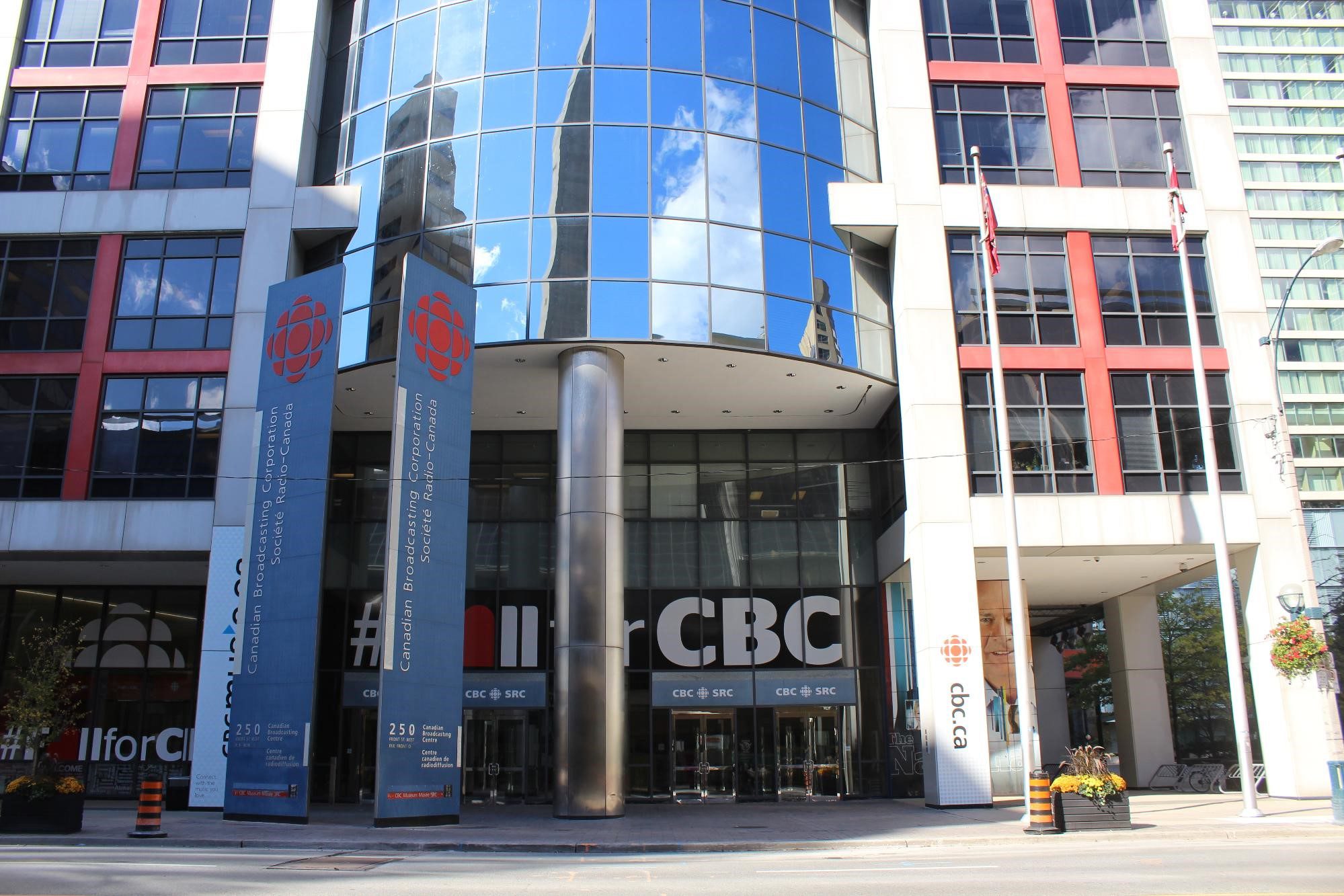The complainant, Paul Walton, thought it was not fair or balanced to provide the names in some crime stories, but leave them out in others.
By Esther Enkin, CBC Ombudsman
The complainant, Paul Walton, thought it was not fair or balanced to provide the names in some crime stories, but leave them out in others. As long as there was no ethical or legal reason, it is not a decision reporters should make. CBC policy states if you report someone is accused of a crime, you need to report the outcome. Since that isn’t always possible, the choice to withhold a name, especially when it lives online forever, is a valid choice.
COMPLAINT
You were troubled by the fact that CBC news stories do not always identify people accused of crimes. You also cited the CBC News decision to blur the faces of a group of Queen’s University students who took part in a masquerade party dressed as various racial or ethnic groups. The students were accused of racism in doing so. You mentioned some other examples where the accused was not named, but the information was available through other publications. One such article was published on the CBC Ottawa website: “Gatineau man charged with wearing anti-gay T shirt to Saunders Farm.” You pointed out that you were able to obtain the name of the individual from the Ottawa Citizen website. You had the same issue with a crime story published on the Edmonton CBC News website. It also left out the name of the accused. This story reported that a bank employee had been charged with defrauding his employer, HSBC Bank of Canada, of $3 million over a 5 year period. You were able to find the employee’s name on another news organization’s website in that case as well.
You believe this practice undermines the credibility of CBC News as a news source.
A story that is worth reporting includes all important and relevant facts or it is not worth reporting at all. That would mean reporting all names where legally and ethically permissible. And those stories where journalistic ethics prevent revealing those who could or would be otherwise named fall within strict and well defined boundaries common to the journalism profession for many years.The CBC must also extend those principles to all accused persons. Naming some accused and not others is unfair to those who are named in stories. Doing so according to an internal policy amounts to a bias at odds with the responsibilities of a free press.
You think that CBC is practicing “self-censorship” and this “raises questions of bias and a lack of fairness and balance.” You feel the only logical and ethical practice is to report all names all the time, within the bounds of the law and other ethical considerations. You think this is in the public interest and anything less is a disservice, and that the choice of which accused to name is not CBC News personnel’s to make:
Doing so partially is a disservice to the communities you serve, poor journalistic practice, incompatible with the principles of justice and unfair to those accused whose names are reported — as well as victims who may strongly disagree with the CBC’s assessment of what constitutes a serious crime.
MANAGEMENT RESPONSE
You received responses from two senior CBC News staff. Steve Ladurantaye, Managing Editor @cbcnews, responded to your complaint about the Queen’s University students’ story and addressed your concern about the policy of not consistently naming all accused people in articles about their crimes.
Continue reading this story on the CBC website, where it first appeared.

